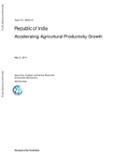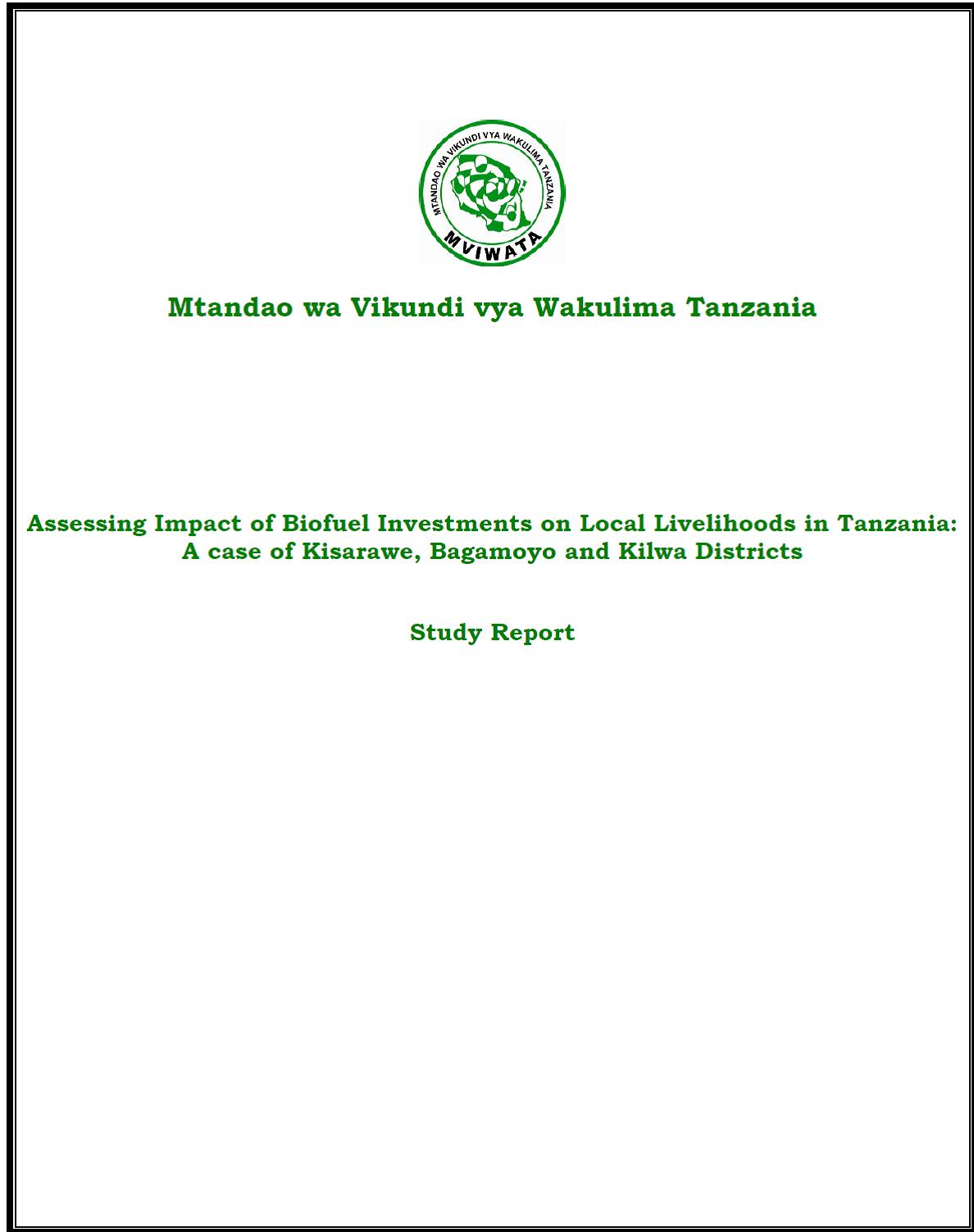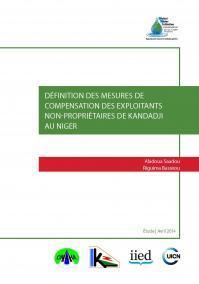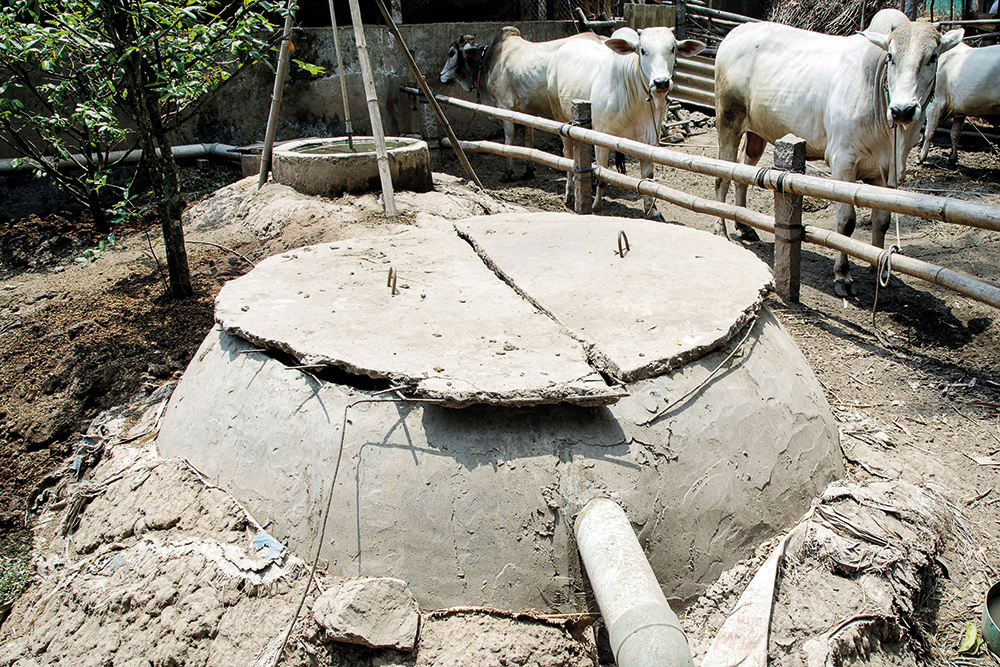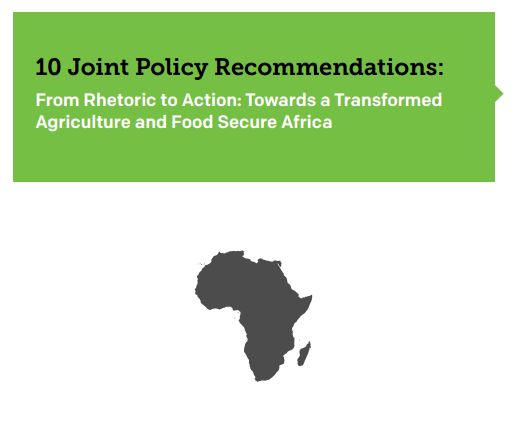Towards security of tenure for farmers in large scale irrigated rice schemes in the Sahel
This is the Final Communiqué from a regional workshop on the theme: “Towards security of tenure for farmers in large scale irrigated rice schemes in the Sahel” which was held on 2nd and 3rd June 2014 in Bamako, Mali.


